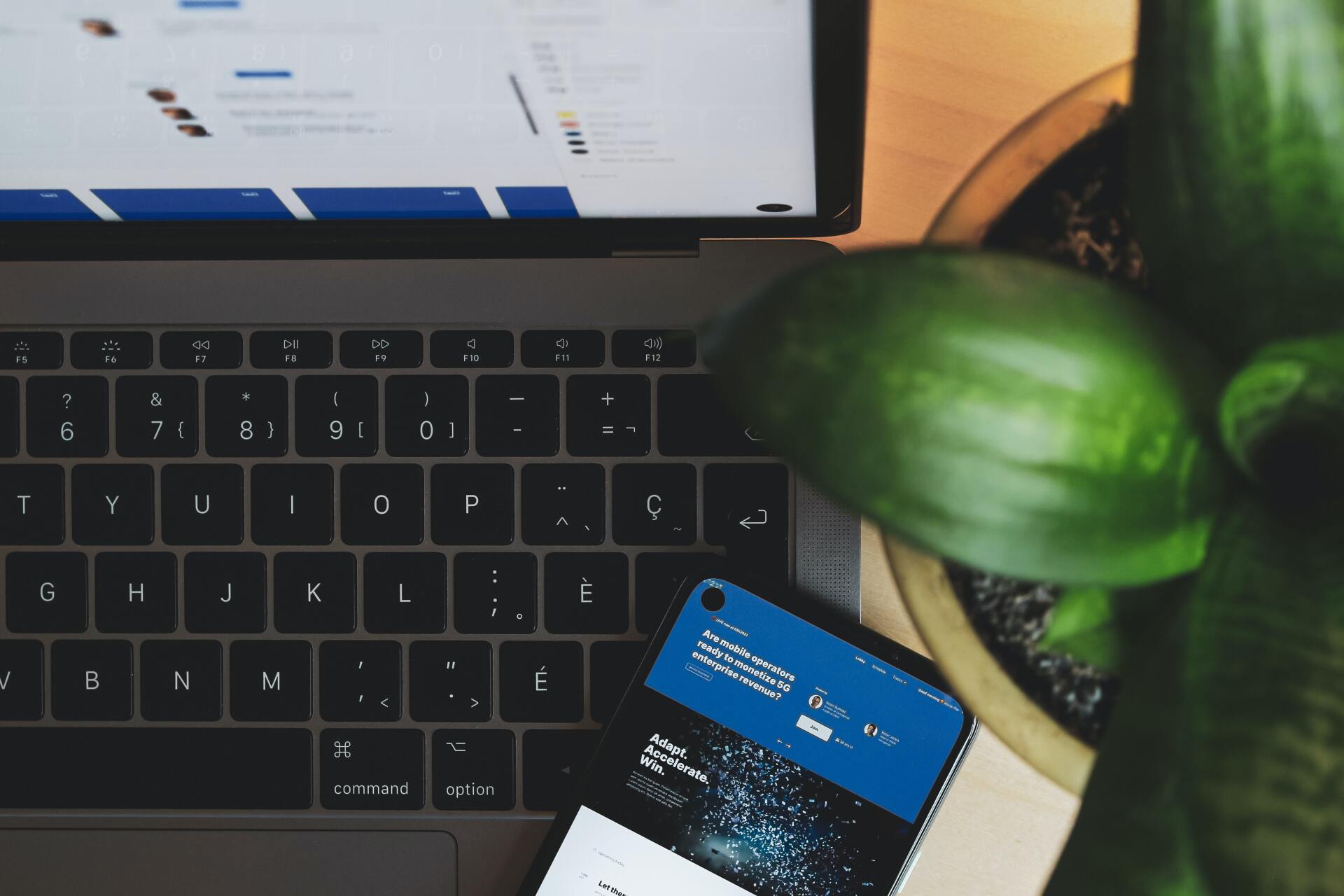How sustainable is the hybrid working model?
Bethany Batticciotto • April 4, 2022

The plateau of the pandemic and the increase in community immunity has provided an insight into how we will continue to work. As a response to the pandemic, most office workers were required to work from home (across industries) and with 93.3% of people having the ability to perform their job as normal, from the comfort of their own homes, has proven the possibility of remote working. However, the enduring nature of this climate afforded insight into both the positives and negatives of hybrid working models. As the saying goes; “always start with the bad news, as the beauty of rock bottom is, you can only go up.”
Employees have expressed feeling overwhelmed that they cannot ‘switch off’ at the end of the working day, or that they feel like they are ‘constantly working’ beyond their regular hours. Also, these people have voiced their concerns surrounding workplace culture and social interaction, increasing feelings of isolation and disconnection.
Working remotely also has widespread effects on the economy and small businesses. Businesses in the city and suburbs primarily rely on people working onsite generate flow on revenue (eg: cafes, transport, retail). People working from home leads to less money in the economy, affecting small businesses which rely on foot traffic to generate income.
However, from my experience of onboarding and starting a new job remotely, working from home can be immensely satisfying. I felt like I was more productive with both life and work, as I could make the space my own and it provided me with more space to concentrate and plan my day and how I wanted it. I also felt like I had more hours in the day, as I didn’t have to commute (who doesn’t love skipping peak hour traffic?!). I felt like I could utilise my lunch break better by preparing dinner or putting the washing away, which afforded me more life and job satisfaction. I increased my social interaction by working from home. Today, people are used to socialising digitally from all over the world and with advances in technology and workplaces making efforts and blocking out times to socialise, the comradery of the office can be replicated. Reducing the amount of commute time, it is more environmentally friendly and sustainable as it too reduces litter and pollutants.
Yes, we’ve had advice as to how to stay sane and motivated (‘Take a shower’) whilst working from home, however, these are short term fixes and as most occupations have the capacity to be completely remote or hybrid in nature, it is important to ensure that your home office is one that is sustainable.
Here are my top tips on how to establish a sustainable home office & why this is important:
1. Separate work and leisure:
When working from home, it can be hard to know when the workday ends and sometimes you just want to get ahead for tomorrow, putting in unnecessary overtime. Without switching off, you will be burnt out, will be susceptible to poor sleep, increasing stress levels and decreased life satisfaction. To ensure work life balance:
- Take regular breaks
- Do not eat your lunch at your desk; let your mind rest and rejuvenate for the rest of the day.
- Do not work in your bedroom, as this can establish poor sleep hygiene, interrupting both quality and quantity of sleep.
- When you finish for the day, switch off your work devices, put them away and out of sight.
2. Make your space your own:
To make your space visually appealing, can be both an enjoyable experience and something you can be proud of. Things to consider are:
- Increasing natural light; light decreases tiredness and sleepiness (light regulates and inhibits melatonin levels which is the key hormone in initiating sleep, increasing our alertness) and increases mood by increasing serotonin production.
- Incorporate plants and greenery; plants absorb pollutants, allowing for cleaner and more oxygenated air. Plants also add colour, which removes the sterile environment of the setting.
- In doing so it will increase productivity, satisfaction, and enjoyment.
3. Get comfortable:
For a typical person who has capacity to work from home, the majority of their day is spent sitting in one spot. Comfort is key- here are some things to consider:
- Create an ergonomic workspace (eg: mouse, keypads, chair, standing or adjustable desks) to avoid neck and backpain and associated headaches or migraines.
- Appropriate lighting; indirect and not too bright or too dull, as this can cause eyestrain.
- Noise cancelling headphones; minimises external distractions, assisting in the ability to maintain focus and increase productivity.
- Set the ambient temperature to a comfortable setting and lock it, so it remains constant.
With all that being said, hybrid working models are a personal preference and are new to most, how each hybrid model looks differs, which is what makes it so exciting!
Grow your career and team
Get in touch with Frog Recruitment
Auckland I
Wellington
In business since 2002 in New Zealand, Frog Recruitment is an award-winning recruitment agency with people at our heart. Located across Auckland and Wellington, we specialise in accounting and finance, business support, education, executive, government, HR, legal, marketing and digital, property, sales, supply chain, and technology sectors. As the proud recipients of the 2024 RCSA Excellence in Candidate Care Award, we are dedicated to helping businesses achieve success through a people-first approach.







